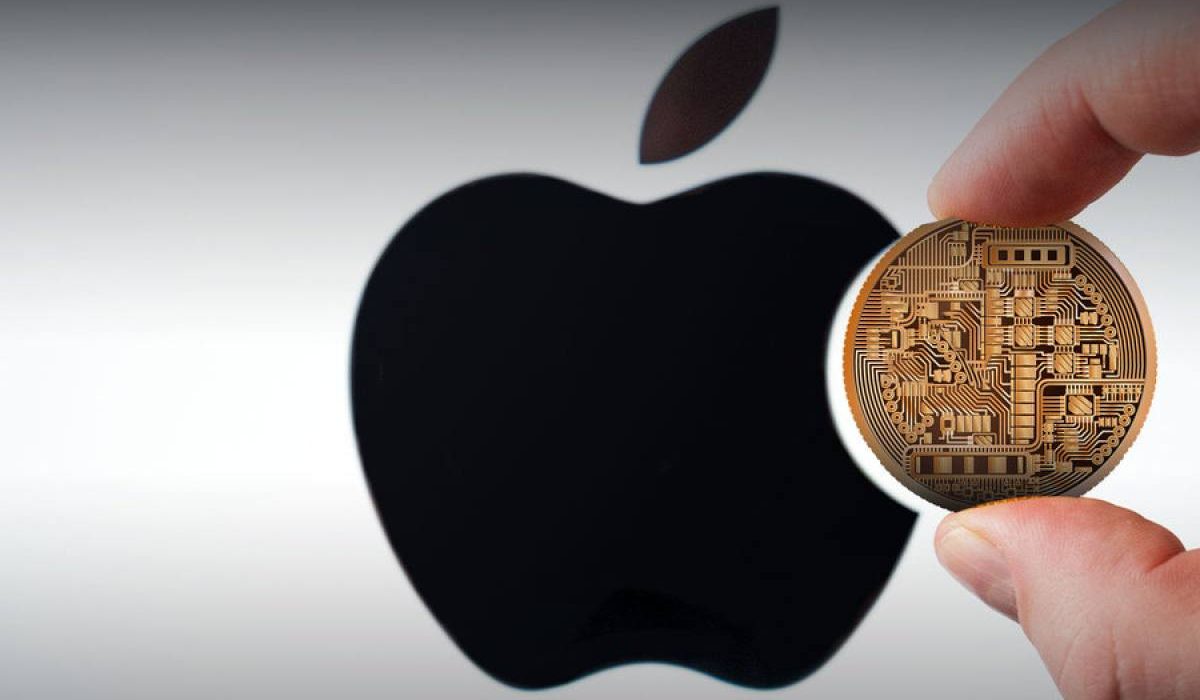Representatives from the United States Gus Bilirakis and Jan Schakowsky have written a formal letter to Apple CEO Tim Cook voicing their displeasure with the company’s App Store policies and their possible effects on cutting-edge technology like blockchain and nonfungible tokens (NFTs).
Legislators are looking into whether Apple’s rigid rules unintentionally limit innovation and slow the spread of cutting-edge technologies. The investigation reveals a growing fear that these regulations could curtail American technology leadership in the quickly developing fields of blockchain and NFTs.
The letter to Apple’s CEO mentions specific examples when the company’s policies have had an impact on businesses. Axie Infinity’s distribution of a constrained version of its software and Coinbase’s allegation that it was compelled to eliminate NFT transactions from its Wallet app are two examples of the situations that have prompted this investigation.
Although Apple justifies its limits by saying they are a way to improve security by utilising a “walled garden” approach, critics believe that the company is exploiting the App Store to stifle competition and maximise profits. In order to level the playing field within the industry, the lawmakers’ probe emphasises the necessity of transparency and accountability.
Apple’s App Store guidelines have previously been criticised. Previous worries about TikTok and other China-originated apps have also been voiced. The current investigation reflects broader concerns about the potential harmful effects of Apple’s policies on the nation’s standing in developing technologies.
A turning point in the ongoing discussion about the obligations of digital titans has been reached with the official probe into Apple’s App Store policy. The results of this study, which concentrates on blockchain and NFTs, may set a precedent for the creation and control of future technologies.


